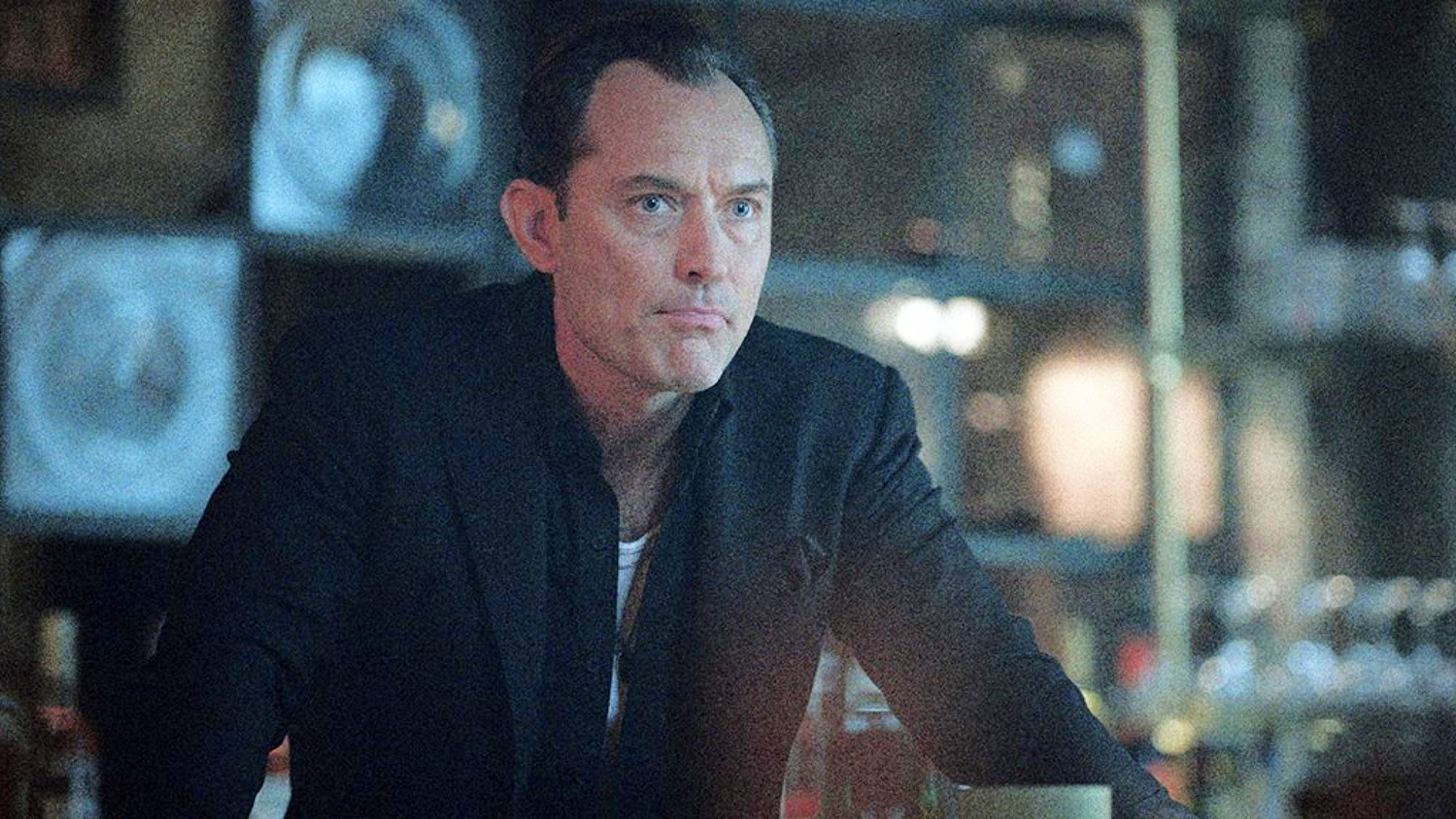As we learned from the original Spinal Tap, all things must pass — or choke on someone else’s vomit, or die in a bizarre gardening accident, or explode onstage. So it’s appropriate that the film’s long-delayed sequel, Spinal Tap II: The End Continues (in theaters Sept. 12), functions as a very funny elegy for the entire rock & roll era, with returning original cast members Michael McKean, Christopher Guest, and Harry Shearer leaning hard into their fictional band’s creakiness as they prepare for the Tap’s final concert.
“The thing that David St. Hubbins used to say,” says McKean, channeling his own character, “ is that rock & roll keeps you young, but only if you die young. Otherwise, you just age like a regular old person.”
The creators of the greatest music-world comedy ever made never saw much money from it, and the sequel exists only because Shearer recently spent some of his Simpsons voice-acting fortune (he’s Mr. Burns and Ned Flanders, among many others) on a legal battle to get the rights back. “We sat and said, ‘Well, what do we do with this?’” says Rob Reiner, who again serves as the film’s actual director while co-starring as obtuse fictional director-interviewer Marty DiBergi. “At first we said, ‘Ah, forget it. We are not gonna do anything.’ And then we started talking.” (To hear Reiner’s full interview on our Rolling Stone Music Now podcast, go here for the podcast provider of your choice, listen on Apple Podcasts or Spotify, or just press play above.)
The actors and Reiner began meeting daily at Shearer’s house in Santa Monica. “Some days we would completely waste,” McKean says. “We’d get into talking about old show business and prehistoric TV.… We would waste as much time as we could, as long as there were snacks.” Still, Reiner began outlining ideas on a whiteboard, “and when we got enough of them, it became apparent — ‘Oh, yeah, there’s something here,’” Shearer says.
In the decades between films, Spinal Tap have taken major steps into quasi-reality, releasing albums and touring in character, and the movie is able to use footage of moments like their actual 2007 Live Earth performance as flashbacks. Further blurring the metafictional line, Paul McCartney and Elton John show up in the sequel as themselves, and actually play with the band. Both roles are bigger than mere cameos, and John, in particular, is key to the film’s climax. (A new version of “Stonehenge,” featuring John on vocals, is out now, the first single from the film’s accompanying album.)
Both John and McCartney were game for the comedic improvisation required, with Sir Paul drawing on his Hard Day’s Night-era screen presence. If anything, it was far scarier for the cast to have to play music with them. “They’re so fucking good,” says Guest. “They’re so smart. There’s no sense of them pushing it. It’s completely natural.”
Guest was particularly awed by John’s willingness to push past his current health issues for the role. “He was such a good sport,” he says. “It was insane. This is a person who’s had some physical things, serious things in the last years. He came in sort of limping, and I thought, ‘Oh, my God, we’re doing this stunt, what if something happens,’ you know? And he was amazing. I mean, imagine if he’d said, ‘This is bullshit, I’m walking out’ — no movie! It was just so generous.”

Guest, McKean, and Shearer (foreground, left to right) as the present-day Spinal Tap.
Kyle Kaplan/Bleecker Street
After the 1984 film, Guest, of course, went on to direct multiple classic features (from Waiting for Guffman to A Mighty Wind, which reunited the Tap members as different characters) using the wildly influential Spinal Tap framework of comedic faux-documentaries with improvised dialogue. But he’s been quietly retired for nearly a decade. “I have all these other things I do,” Guest says. “I go hiking and I walk in rivers and I ski and I play music every single day.”
When we meet his character, Nigel Tufnel, he’s similarly moved on from his career, albeit with a new occupation as the owner of a cheese shop that accepts guitars in trade. The idea came from a fantasy Guest had when he visited a real-life store, run by a cheesemonger who had a Tufnel-like accent. “I was walking around London, and I went into one of the most famous cheese shops,” Guest says. “And there was a help-wanted sign on the door. I thought, ‘I’m gonna call Jamie [Lee Curtis, his wife] and tell her I think I’m gonna do this. I could work here! I could learn about this!’”
Inevitably, the new film introduces a new drummer, in the form of the gifted, tatted-up real-life musician Valerie Franco, after some very famous percussionists make brief cameos to turn down the life-threatening gig. “We wanted to see some female drummers, because we thought that would be an interesting thing for this boys club,” says McKean. “She’s the spirit of rock & roll. She’s what’s going to be left behind.”
There’s a new song, too, “Rockin’ in the Urn,” which introduces a defiant note amid the film’s nods to mortality. “I just thought it was the silliest way to say ‘We’re never gonna die,’” says Shearer. “‘We’ll live forever.’ And make it as stupidly literal as possible.”
It’s unclear whether the film will truly mark the end of Spinal Tap. There are no plans for a real-world tour, though the band hinted at a one-off performance at what Shearer calls a “very historic site” — which a recent report suggests is the actual Stonehenge. In any case, McKean says, “If you only halfway exist, then vanishing altogether is not a big chore.”
Source link


